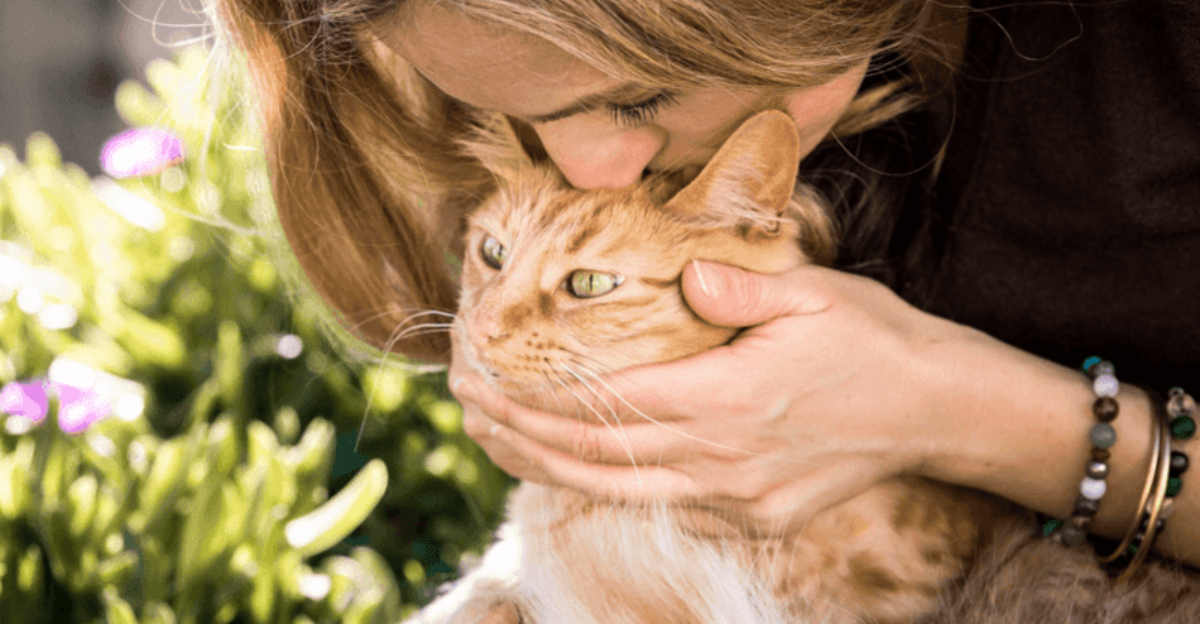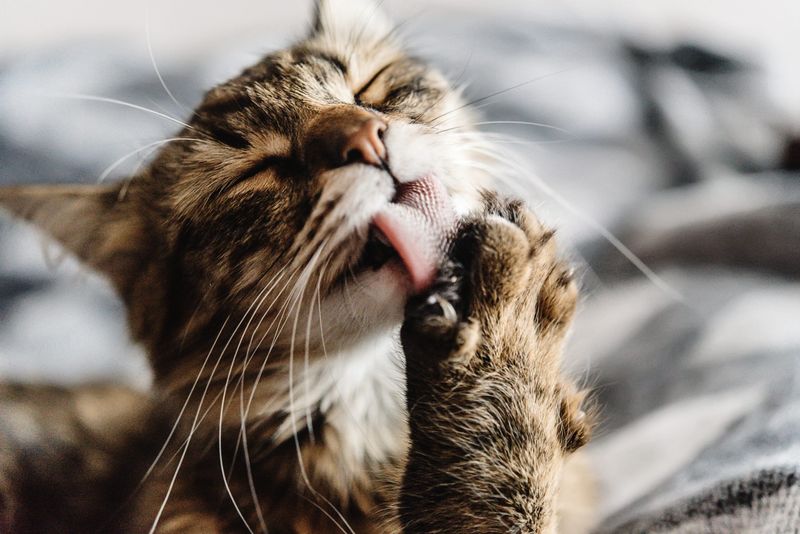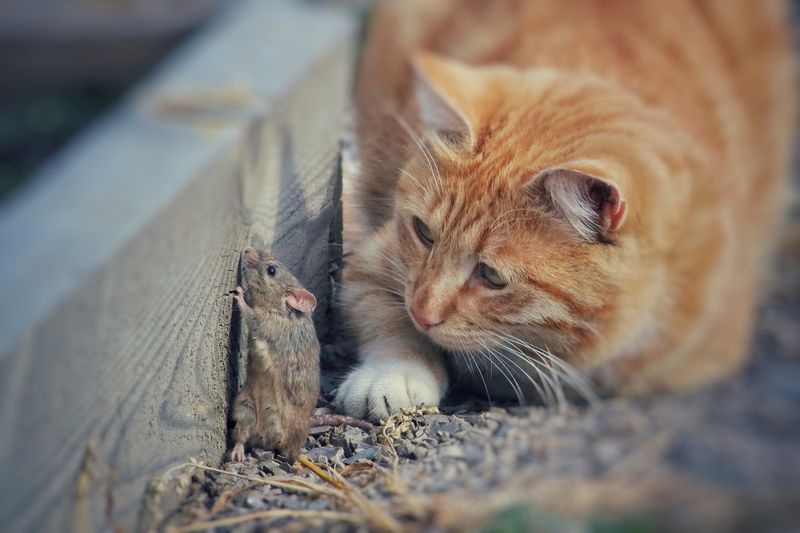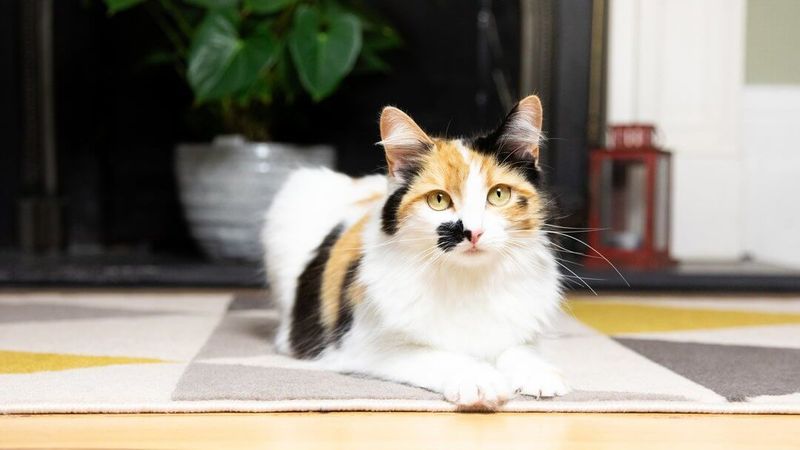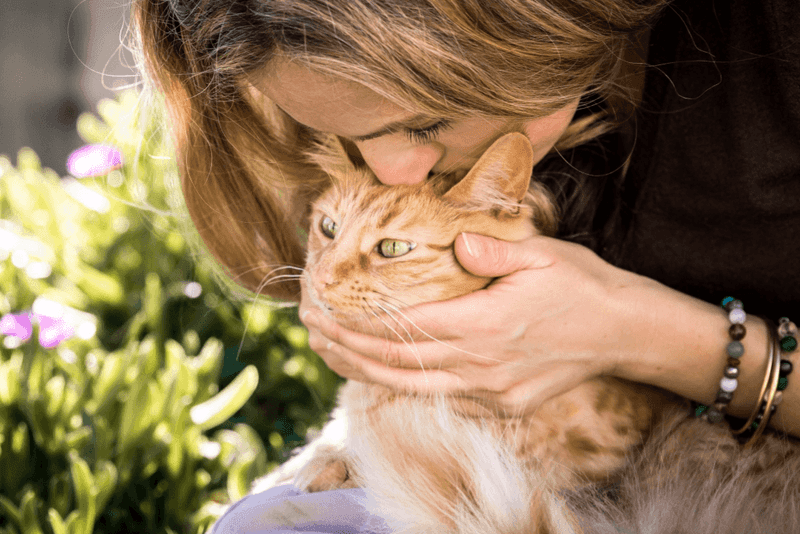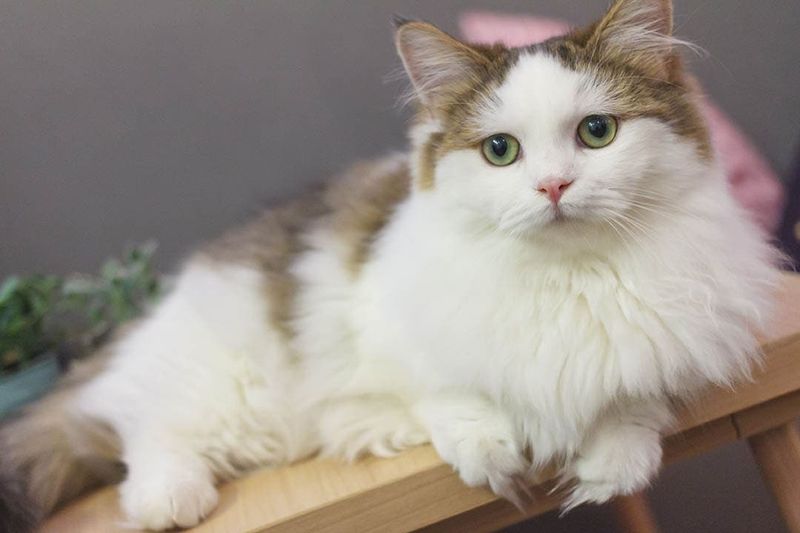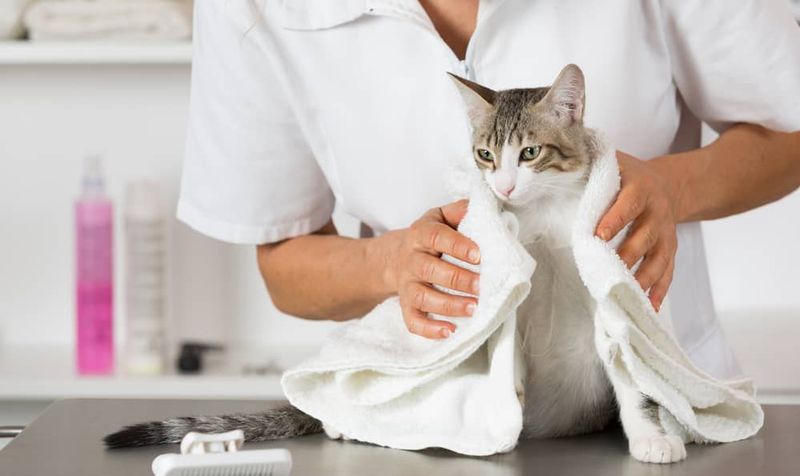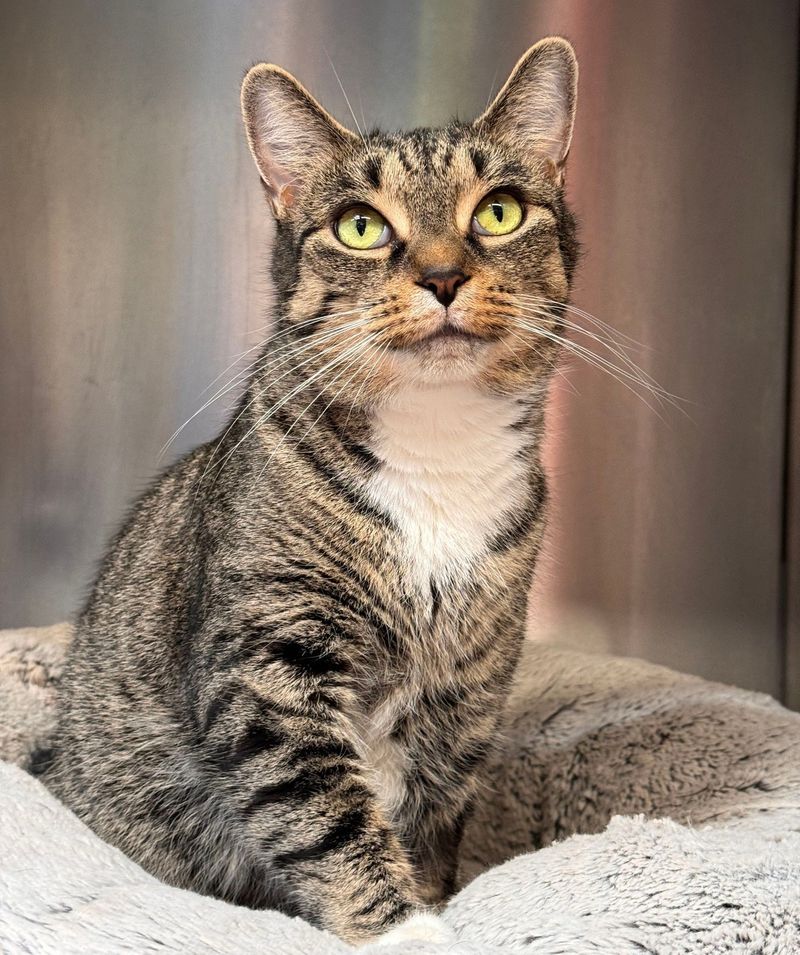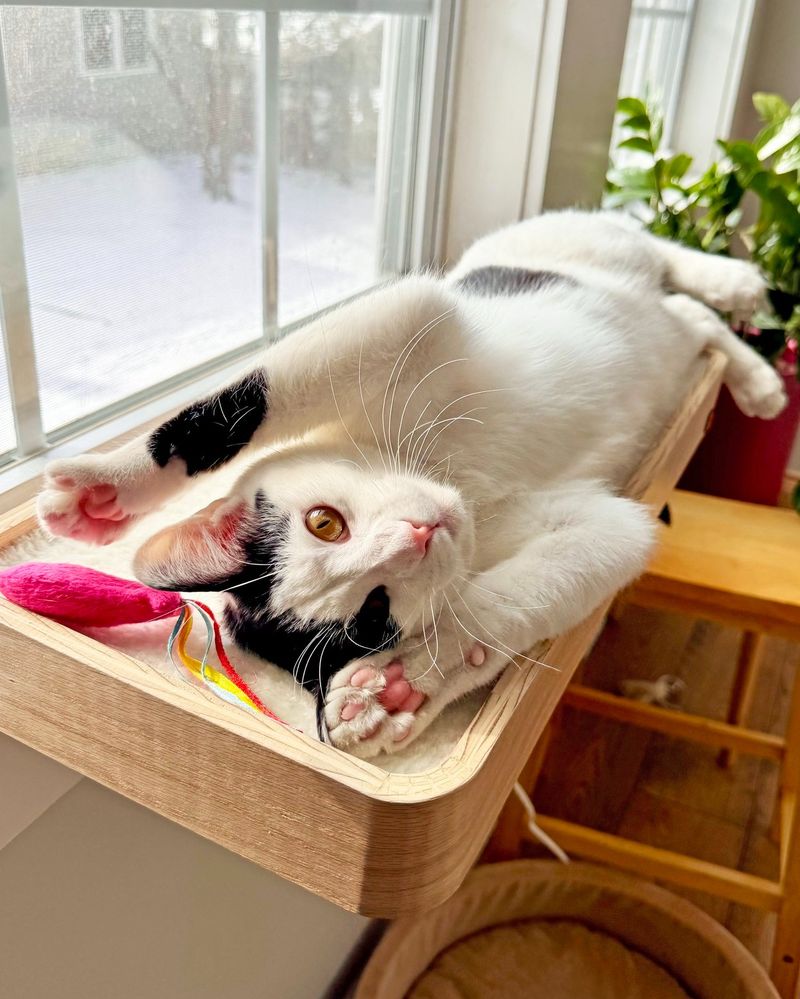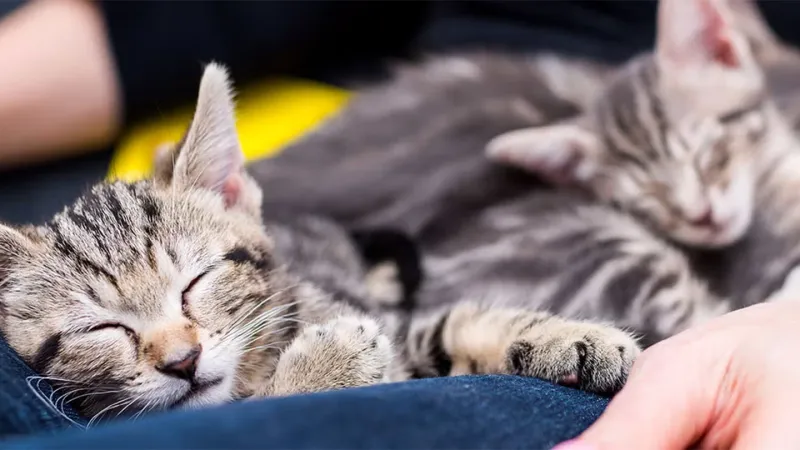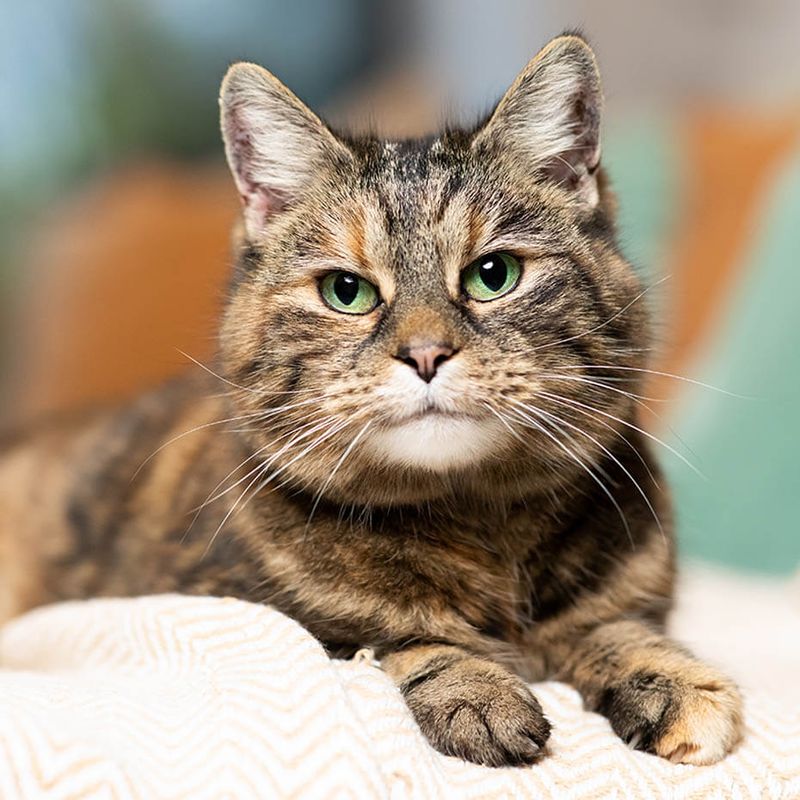📖 Table of Content:
- 1. Low-Maintenance Companions
- 2. Natural Pest Controllers
- 3. Space-Efficient Snugglers
- 4. Stress-Reducing Purr Machines
- 5. Budget-Friendly Furry Friends
- 6. Clean Freaks by Nature
- 7. Quiet Neighbors Who Respect Boundaries
- 8. Built-In Entertainment Systems
- 9. Long-Term Loving Companions
- 10. Independent Yet Affectionate Personalities
For thousands of years, cats have shared their lives with humans, leaving an enduring mark on cultures around the world. Their charm, independence, and elegance continue to captivate generation after generation. Despite changing times, their presence remains a comforting constant.
With their playful antics and soothing purrs, cats offer emotional support and companionship that is hard to match. They entertain with their curiosity and calm with their quiet moments of affection. Each cat brings a unique personality into the home, creating a bond that feels deeply personal.
Whether in a large home or a small apartment, cats adjust with remarkable ease. Their adaptability makes them ideal companions for a variety of lifestyles and living spaces. In return, they offer loyalty, comfort, and a daily reminder of the simple joys in life.
1. Low-Maintenance Companions
Cats practically take care of themselves! Unlike dogs that need regular walks regardless of weather, cats handle their own exercise needs through indoor play and exploration.
Their self-cleaning nature means less bathing drama for you. Most cats spend up to 50% of their waking hours grooming, keeping themselves spotless with minimal human intervention.
Litter box training comes naturally to them, requiring just a quick daily scoop from you. This self-sufficiency makes cats ideal companions for busy households or first-time pet owners still learning the ropes of animal care.
2. Natural Pest Controllers
Feline hunting instincts transform your home into a pest-free sanctuary. Even well-fed house cats maintain their natural drive to chase and capture unwanted visitors like mice, spiders, and insects.
The mere presence of a cat significantly reduces rodent activity in your home. Studies show that rodents can detect cat pheromones and actively avoid areas where cats live, creating an invisible barrier of protection around your property.
Many cat owners report they haven’t seen a mouse in years after adopting their furry guardian. This natural pest control service saves you money on exterminators while keeping your home cleaner and safer.
3. Space-Efficient Snugglers
Apartment dwellers rejoice! Cats thrive in small spaces where larger pets might feel confined. Their vertical nature means they utilize wall space through climbing shelves and cat trees, maximizing limited square footage.
A happy cat needs just a few essentials: a litter box, food station, scratching post, and cozy sleeping spot. Their compact size allows them to find comfort in tiny nooks – from windowsills to bookshelf corners.
Cats don’t require a dedicated outdoor space like dogs do. They satisfy exercise needs through indoor play sessions and window-watching, making them perfect companions for urban living where outdoor access might be limited or non-existent.
4. Stress-Reducing Purr Machines
Cat purrs work magic on human stress levels. The frequency of a cat’s purr (between 25-150 Hz) promotes healing and reduces blood pressure. After a challenging day, stroking a purring cat can lower your stress hormones almost immediately.
Research shows cat owners have a 30% lower risk of heart attacks compared to those without feline friends. The rhythmic sound creates a meditative effect that calms the nervous system naturally.
The weight of a cat on your lap triggers the release of oxytocin – the same bonding hormone released between mothers and babies. This chemical reaction creates feelings of peace and contentment without any effort from you.
5. Budget-Friendly Furry Friends
Over their lifetime, cats are generally more affordable than many other pets. Routine veterinary care averages around $160 per year, compared to over $225 for dogs. Their smaller size and efficient metabolism also help keep food expenses relatively low.
Their independent nature means no expensive dog walkers or daily daycare. Most cats thrive perfectly fine when left alone during work hours, saving hundreds in monthly pet care services.
Equipment needs remain minimal and long-lasting. A single litter box, food dishes, and scratching post can serve your cat for years. Even toys last longer since cats find entertainment in simple household items like paper bags and cardboard boxes.
6. Clean Freaks by Nature
Meticulous grooming is one of a cat’s most distinctive traits. Their sandpaper-like tongues function as natural brushes, efficiently removing dirt, shedding fur, and parasites. This self-sufficiency helps keep them clean with minimal help from humans.
Unlike dogs, who might roll in unpleasant substances outdoors, cats actively avoid getting dirty. Their fastidious bathroom habits keep odors contained to the litter box area, which can be easily managed with regular scooping.
Most cats develop consistent grooming routines, cleaning themselves after meals and before naps. This natural behavior means less pet odor throughout your home and fewer baths for you to administer – a win-win for everyone involved in the household.
7. Quiet Neighbors Who Respect Boundaries
Noise complaints become a thing of the past with feline companions. Unlike barking dogs that disturb neighbors, cats communicate through soft meows, purrs, and body language that rarely disrupt apartment living.
Their respect for personal space makes cats ideal roommates. They approach for attention when appropriate but spend hours contentedly watching birds from windows or napping in sunbeams without demanding constant interaction.
Cats naturally understand boundaries and teach humans the value of consent through their behavior. They’ll let you know when they want affection and when they need alone time – modeling healthy relationship dynamics that benefit everyone in the household.
8. Built-In Entertainment Systems
Forget streaming subscriptions – cats provide endless entertainment through their playful antics. From midnight zoomies to curious box investigations, their unpredictable behavior creates daily moments of joy and laughter.
Cat videos dominate internet content for good reason. Their graceful movements, surprising jumps, and occasional clumsy moments capture our attention like nothing else. Having a live version at home guarantees front-row entertainment whenever you need a mood boost.
Their playful nature costs nothing but delivers tremendous value. A simple paper bag or cardboard box transforms into hours of entertainment as cats pounce, hide, and explore with childlike enthusiasm that remains throughout their lives.
9. Long-Term Loving Companions
With lifespans often reaching 15 to 20 years, cats provide lasting companionship through all stages of life. Their presence can offer emotional stability, especially for growing children. Over the years, they become more than pets—they become family.
Despite myths about aloofness, cats form deep bonds with their humans. They recognize their owners’ voices, respond to their names, and often develop special greetings for their favorite people.
Senior cats become especially devoted companions. As they age, many cats become increasingly affectionate, seeking more lap time and physical closeness. This growing bond means your relationship continues evolving and deepening throughout your cat’s entire lifetime.
10. Independent Yet Affectionate Personalities
Cats master the perfect balance between independence and affection. They don’t require constant attention but offer meaningful connection when it matters most.
Their self-reliance means they adapt well to changing schedules. Late at work? Your cat handles solo time gracefully. Home sick? Your feline friend provides a comforting presence without overwhelming demands.
Each cat develops a unique personality that complements their household. Some become chatty conversation partners while others offer silent support through difficult times. This individualized approach to companionship means your cat naturally fits your specific emotional needs while maintaining their fascinating independence.
